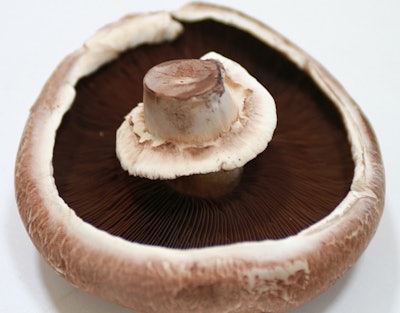
Portobello mushrooms can be delicious, but they could also be key to meeting rising global demand for rechargeable batteries.
Currently, rechargeable lithium-ion battery anodes generally use synthetic graphite, a costly material with harmful environmental side effects. Scientists looking for an alternative material increasingly turned to biomass because of its high carbon content, as well as lower costs and environmental friendliness.
Engineers from the University of California-Riverside, in a study published in the journal Nature Scientific Reports, developed a lithium-ion battery anode based on the portobello, whose highly porous structure enables more space for the storage and transfer of energy.
In addition, the mushroom's high potassium salt concentration resulted in the activation of more pores, which helped increase its capacity. Conventional anodes, by contrast, result in electrode damage and fading capacity after its first few cycles.
"With battery materials like this, future cell phones may see an increase in run time after many uses, rather than a decrease,” said UC-Riverside graduate student Brennan Campbell.





















